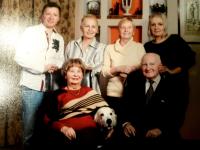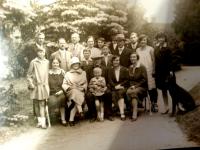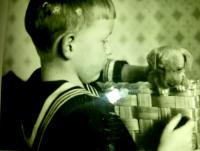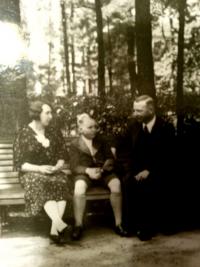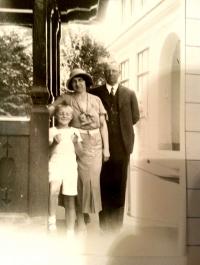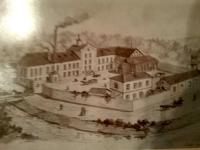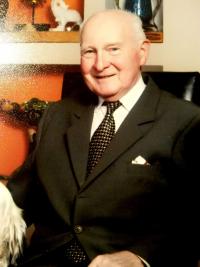He was to inherit a brewery. Instead, he unloaded wagons and watched as his property fell into ruin

Download image
Vladimír Fassmann was born on 17 September 1923 in Rožnov pod Radhoštěm. He is the son of Heda Málková and Vladimír Fassmann Sr, the owners of the Rožnov brewery, which had been bought in 1912 by his grandmother Countess Anna Kamel of Hardegg and his grandfather Albert Málek, chief brewer in Želetava. After completing grammar school he attended a brewery school in Prague, so he could continue the family tradition and take over the brewery one day, as the only son. During World War II he was forced to pause his studies and work at a paper factory. The Fassmanns were respected in Rožnov, and during the war they helped people with financial problems. In 1949 the brewery was nationalised. The representatives of the state brewery in Přerov threated the widowed Heda Fassmann that if she would not hand over the brewery to them, she would not receive the necessary supplies for production and the brewery would be forced to close down. The witness took up employment at an agricultural cooperative that cultivated grass seeds, which made use of storage in the brewery’s buildings. Initially, he and his mother were threatened with eviction, but in the end they were allowed to stay in their house, which was on the premises of the old brewery. However, they had to pay rent to live in the house they themselves had built. Vladimír Fassmann worked at the grass-seeding station until his retirement. In 1994 he obtained the dilapidated estate of the former brewery by restitution. He passed it on to his grandson Tomáš Kupčík, who rebuilt the brewery and also added a spa, two restaurants, and a chocolate workshop.
